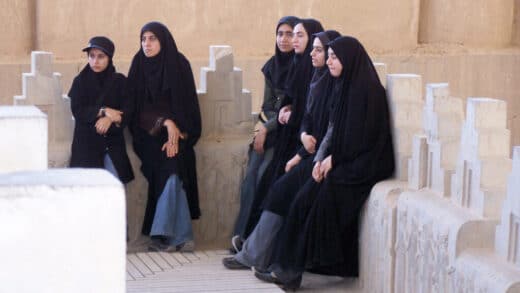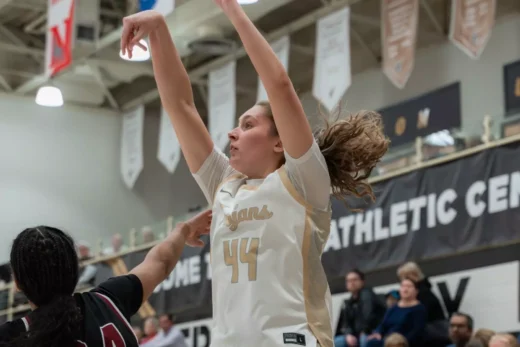A group of Southern Baptist pastors and their spouses, including former Send Relief President Bryant Wright, sheltered in place in Jerusalem Saturday morning (Feb. 28) as the United States and Israel launched joint strikes on Iran. Within hours, Iran responded with strikes on U.S. and Israeli targets across the Middle East.
Wright was leading the group of around 27 pastors and their wives, South Carolina pastor Josh Powell told Baptist Press via text.
“Early this morning, loud sirens began to go off across the city of Jerusalem,” Powell wrote. “Those sirens were an alert to seek shelter immediately. The hotel has a bomb shelter several levels below ground where the entire group gathered.”
Powell said Wright regularly mentors the group of pastors, and the trip to the Holy Land had been planned for encouragement and education.
In the early hours of Feb. 28, President Donald Trump announced the U.S. and Israel had launched a joint surprise attack against Iran based on that nation’s refusal to eliminate its nuclear weapons program.
Government leaders said the operation would be more than just an initial barrage of strikes and could last for days or weeks.
In an early morning tweet Feb. 28, International Mission Board President Paul Chitwood said, “I’m grateful to God that we can confirm our missionary families are currently unharmed.”
He asked for Christians to remember fellow believers across the affected region.
“As you pray for America’s soldiers in harm’s way, I urge you to also pray for our Southern Baptist missionaries, for national believers, and for the lost who so desperately need the Lord,” he said.
In a message on Facebook, Wright said the group did not know how long they would be in Israel as they await airspace to clear so commercial flights can resume.
Even as Wright asked for prayers for the group, Powell said they have been leaning on Scripture and one another in the moments of sheltering in place.
“It was very tense, and at first there were many tears. But soon, as we gathered ourselves we quickly turned to the Word and just began to read Scriptures,” he said. “Each person giving a passage that is comforting to them and to the group. Mine was Psalm 130:5.”
Powell said the group has been in the country for a week, but the situation changed rapidly Friday.
“We sang together and prayed together in a bunker below Jerusalem, two blocks from the temple site, knowing that our hope is the Lord who has opened that veil for us,” Powell said.
“That’s where our help and strength come from.”
(Update: The group was to depart in two flights — one was to leave during the dark hours of Wednesday morning, March 4, with another to take off after dawn. They are expected to land in Atlanta on Wednesday afternoon and evening.)
— Brandon Porter serves as vice president for communications at the SBC Executive Committee.





